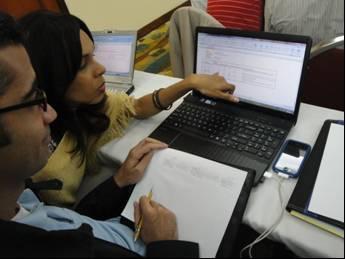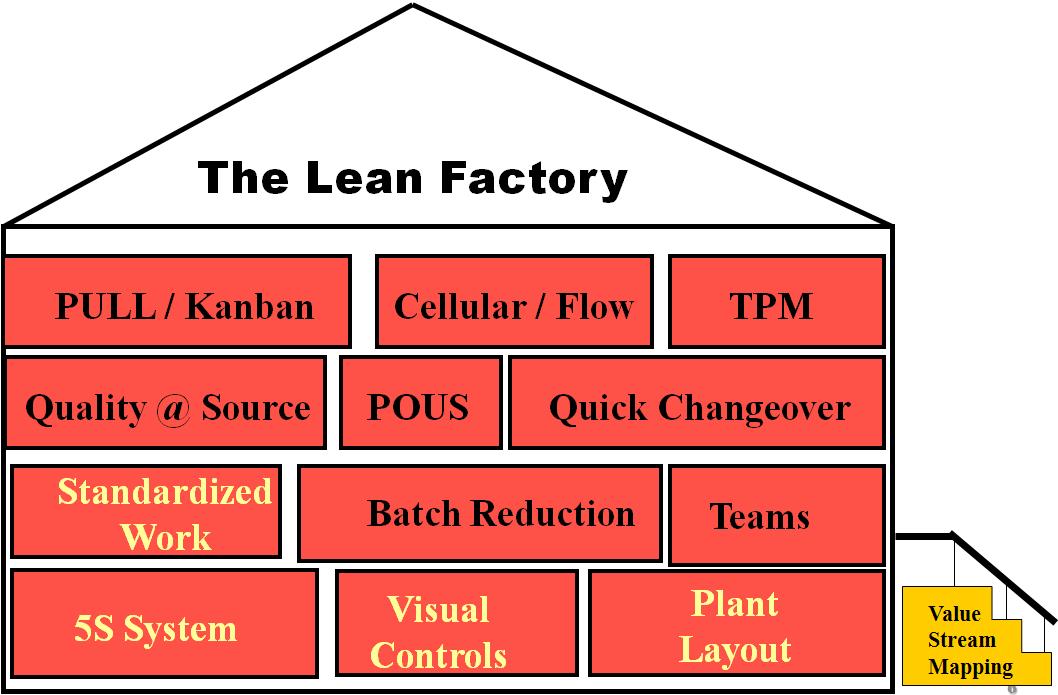Presented by Henry Quesada, Assistant Professor of Business Management and Operations Research, Virginia Tech
Workshop description:
 Decision making techniques can be defined as a collection of qualitative and quantitative analytical tools that allows business and process managers to outline and analyze potential scenarios when searching for solutions given a specific problem or situation.
Decision making techniques can be defined as a collection of qualitative and quantitative analytical tools that allows business and process managers to outline and analyze potential scenarios when searching for solutions given a specific problem or situation.
Participants in this two-day workshop will learn how to use different quantitative tools to build models and integrate computer applications to solve current business and manufacturing problems.
- Course outline:
• Basics of decision making
• Spreadsheet basics
• Basic statistical concepts
• Data generation using Montecarlo methods
• Forecasting
• Inventory control models
• Design of experiments
• Linear programming
• Queue Analysis
• Markov Analysis
• Simulation
- Workshop objectives:
• Understand the basic steps for decision making
• Understand the main applications of a variety of decision making techniques
• Learn how to integrate computer applications such as spreadsheets with quantitative decision making tools
• Understand how to incorporate decision making tools in simulation modeling
- Who should attend:
• Managers who wish to increase their decision making skills by introducing quantitative tools into their work environments
• Engineers interested in formulating better planning tools for their supply chain management, optimization of manufacturing processes, and general process modeling for continuous improvement
• Business process engineers in service industries interested in learning quantitative tools to model and optimize processes
• Marketing researcher looking for proven techniques to analyze marketing data
• Researchers in need of learning quantitative methods to test ideas and concepts
- Unique value of the workshop:
• Application of the techniques and tools to sample problems to facilitate the learning process
• Integration of decision making tools with computer applications such as spreadsheets
• Focus on managerial aspects and less in the mathematical details of the techniques. Participants are required to have basic knowledge of algebra.
• Participants will develop unique skills to incorporate “easy to use and implement” decision making tools into their daily activities
- Location and Registration
Workshop is scheduled for October 18-19, 2012 from 8:30 am to 5:00 pm at the Virginia Tech Roanoke Center in Roanoke, VA.
- Registration fee
Workshop investment is $400 and includes:
•Certificate of attendance. Ask for CPU credits.
• Two coffee breaks and one lunch per day
• Material print outs and spreadsheet templates
To register please follow this link. For further details or questions please contact Henry Quesada at quesada@vt.edu or 540 231 0978.
Instructor summary:
Dr. Henry Quesada works for the Department of Sustainable Biomaterials at Virginia has an expert in business management and operations research. His academic program focuses on process improvement for service and manufacturing firms and he has over 12 years of experience as a consultant and researcher in medical device components, forest products, microelectronic, financial, and telecommunications industry sectors.
If you are a person with a disability and desire any assistive devices, services or other accommodations to participate in this activity, please contact Dr. Henry Quesada at (540) 231 0978 during business hours of 8 a.m. and 5 p.m. to discuss accommodations 5 days prior to the event. TDD number is (800) 828-1120.



